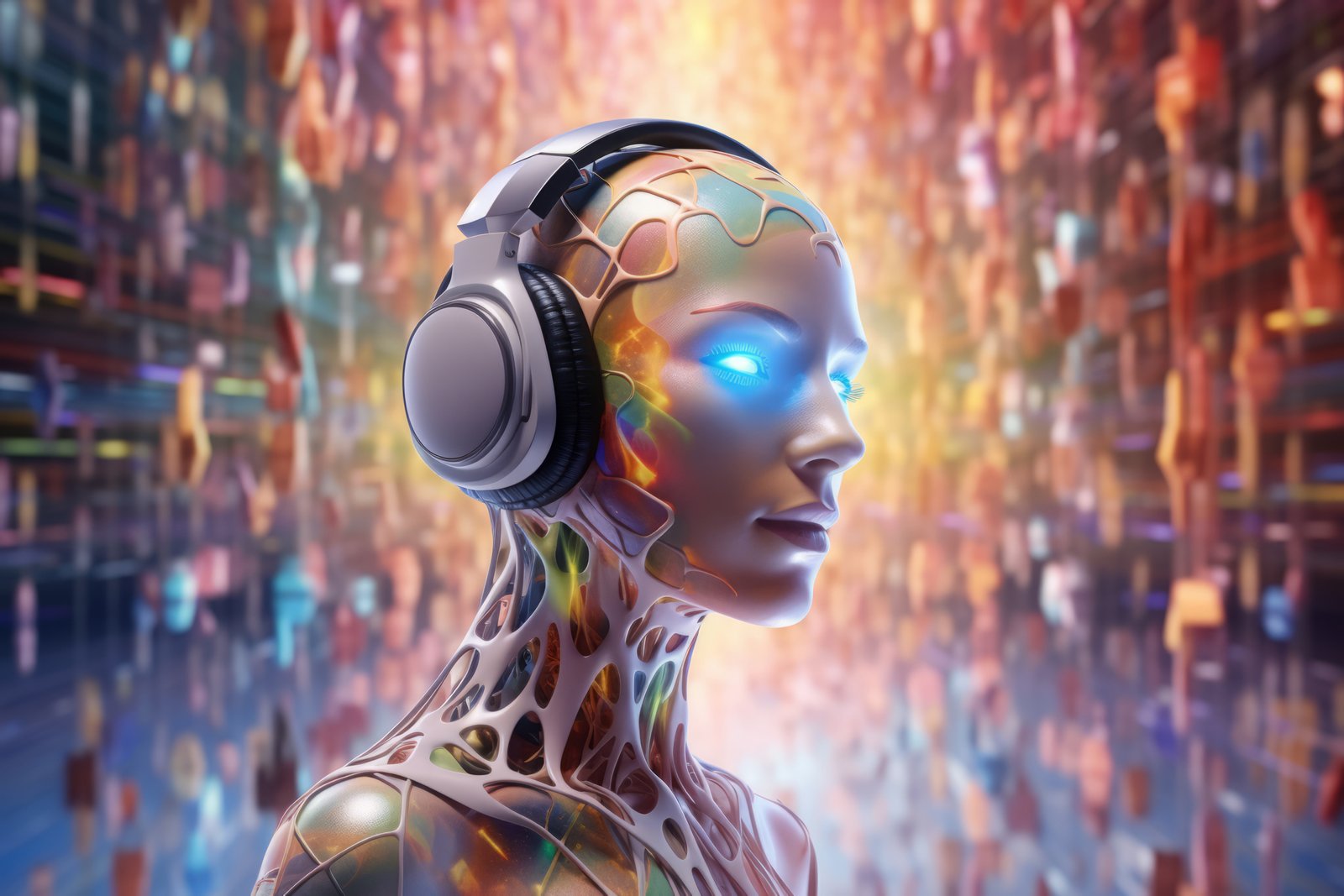AI Chatbots in Customer Service
Understanding the Role of AI Chatbots in Customer Service
In today's fast-paced digital world, customer service has become a critical differentiator for businesses. Customers expect quick, efficient, and personalized support at all times. Enter AI chatbots—intelligent, automated systems designed to interact with customers, answer queries, and provide support around the clock. This blog post delves into the role of AI chatbots in customer service, exploring their benefits, key functionalities, and future potential.
The Rise of AI Chatbots
AI chatbots have gained significant traction in recent years due to advancements in natural language processing (NLP) and machine learning (ML). These technologies enable chatbots to understand and respond to customer inquiries in a human-like manner. Unlike traditional customer service solutions, AI chatbots are scalable, cost-effective, and capable of handling multiple interactions simultaneously.
Example: Companies like Sephora and H&M use AI chatbots to assist customers with product recommendations and store information, enhancing the overall shopping experience.
Benefits of AI Chatbots in Customer Service
a. 24/7 Availability
One of the most significant advantages of AI chatbots is their ability to provide support at any time of day or night. This ensures that customers can get assistance whenever they need it, without having to wait for business hours.
Example: Bank of America’s chatbot, Erica, offers financial advice and support to customers 24/7, improving customer satisfaction and engagement.
b. Instant Responses
AI chatbots provide immediate responses to customer inquiries, reducing wait times and increasing customer satisfaction. This is especially crucial in industries where timely support is essential, such as healthcare and finance.
Example: HealthTap’s AI chatbot provides instant medical advice, helping users get quick answers to their health-related questions.
c. Cost-Effectiveness
By automating routine customer service tasks, AI chatbots help businesses reduce operational costs. They can handle a large volume of inquiries without the need for additional human resources, allowing companies to allocate their workforce to more complex issues.
Example: Telecom companies like Vodafone use AI chatbots to handle common queries, significantly cutting down on the need for live customer service agents.
d. Personalization
AI chatbots can analyze customer data to deliver personalized support and recommendations. By understanding customer preferences and behavior, chatbots can tailor their responses to meet individual needs, enhancing the overall customer experience.
Example: Starbucks’ AI chatbot, My Starbucks Barista, remembers customers’ favorite drinks and preferences, making the ordering process seamless and personalized.
Key Functionalities of AI Chatbots
a. Answering FAQs
AI chatbots are designed to handle frequently asked questions (FAQs) efficiently. By providing instant answers to common queries, they free up human agents to focus on more complex issues.
Example: Travel companies use AI chatbots to answer common questions about booking policies, flight statuses, and travel guidelines.
b. Handling Transactions
AI chatbots can facilitate transactions such as booking appointments, making reservations, or processing orders. This functionality streamlines the customer journey and makes interactions more convenient.
Example: E-commerce platforms use AI chatbots to assist customers with placing orders, tracking shipments, and processing returns.
c. Multilingual Support
AI chatbots can support multiple languages, making it easier for businesses to serve a global customer base. This capability ensures that language barriers do not hinder customer service.
Example: Global brands like Nike use multilingual chatbots to provide support to customers in different regions, ensuring consistent service quality.
The Future of AI Chatbots in Customer Service
The future of AI chatbots in customer service looks promising, with ongoing advancements in AI and NLP. We can expect even more sophisticated and human-like interactions, better integration with other technologies, and enhanced capabilities such as emotional intelligence and sentiment analysis.
a. Enhanced Emotional Intelligence
Future AI chatbots will likely be able to detect and respond to customers' emotions, providing empathetic and appropriate responses. This will create a more human-like and satisfying interaction experience.
b. Integration with Other Technologies
AI chatbots will increasingly integrate with other technologies such as virtual reality (VR) and augmented reality (AR) to provide immersive customer service experiences. This will open up new possibilities for how customers interact with brands.
c. Advanced Analytics
Future AI chatbots will leverage advanced analytics to gain deeper insights into customer behavior and preferences. This will enable more precise and effective customer service strategies.
Conclusion
AI chatbots are transforming customer service by providing instant, personalized, and efficient support. As technology continues to evolve, the capabilities of AI chatbots will only expand, offering even greater benefits to businesses and customers alike. Embracing AI chatbots is no longer a choice but a necessity for companies aiming to stay competitive and deliver exceptional customer experiences.
AI chatbots are redefining customer service by offering 24/7 availability, instant responses, and personalized interactions. Embrace the future of customer support with intelligent automation.








